From #BlackLivesMatter to Black Liberation
Los Angeles Review of Books
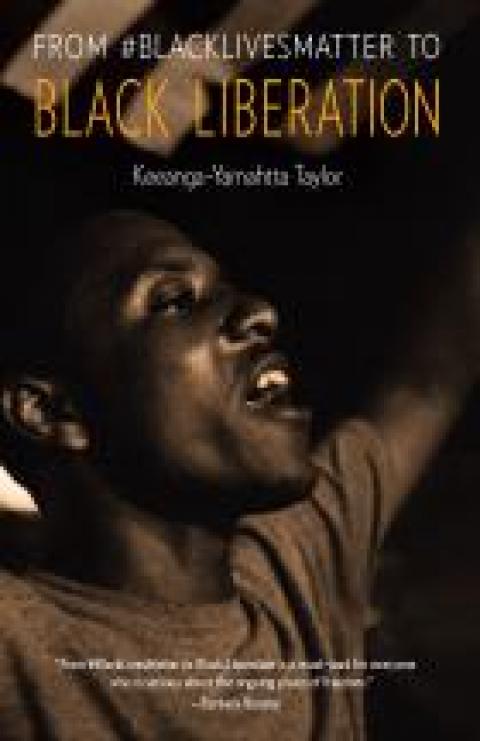
"Can there be Black liberation in the United States as the country is currently constituted?" asks Keeanga-Yamahtta Taylor in her new book. "No. Capitalism is contingent on the absence of freedom and liberation for Black people and anyone else who does not directly benefit from its economic disorder." Justin Campbell, in this review, surveys Taylor's analysis of the roots, present status, and future prospects of the Black Lives Matter movement.



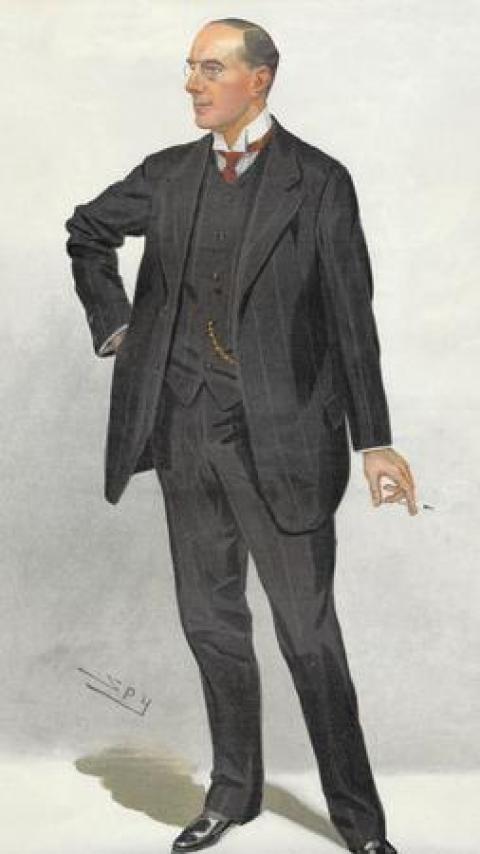
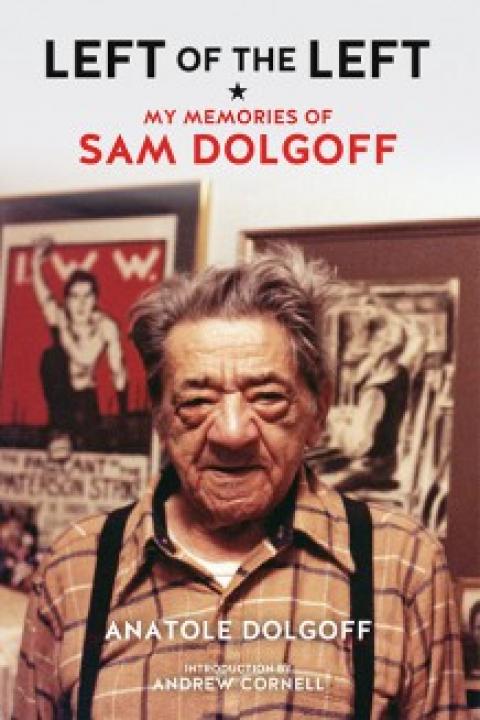
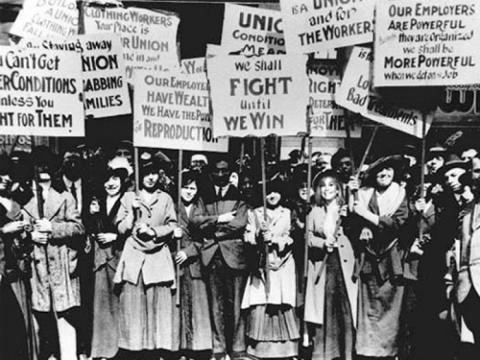
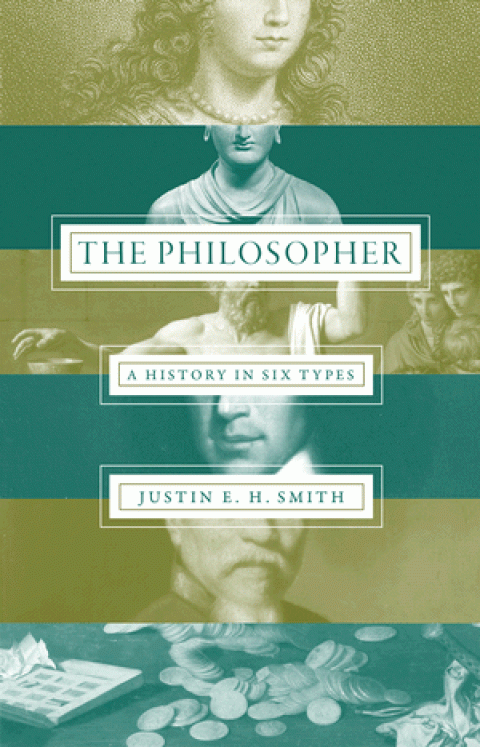
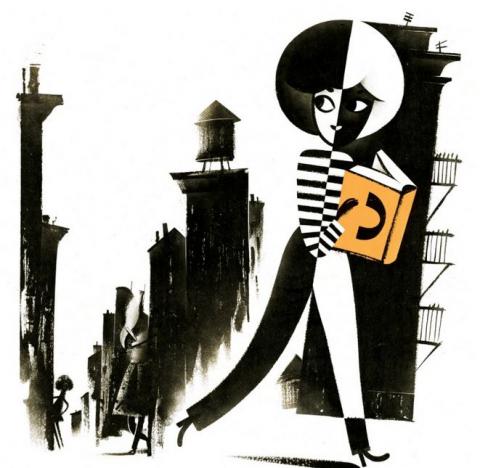
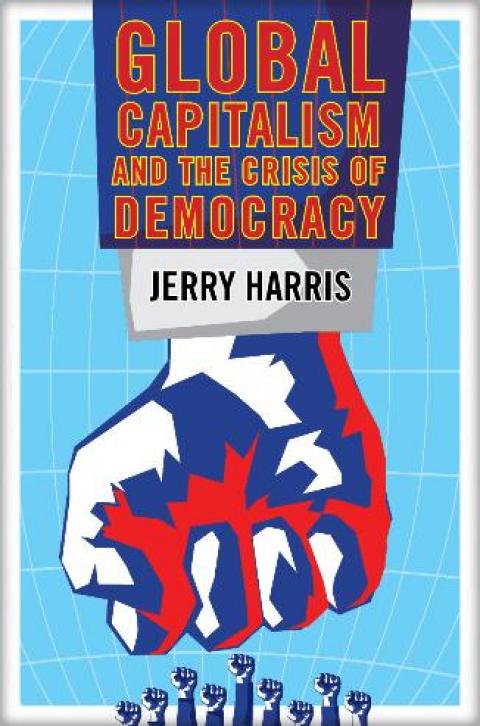
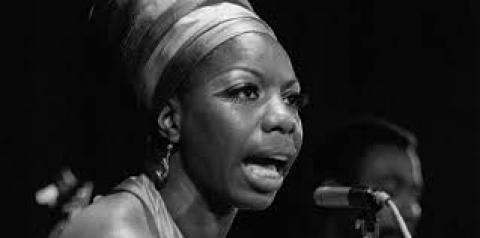
Spread the word